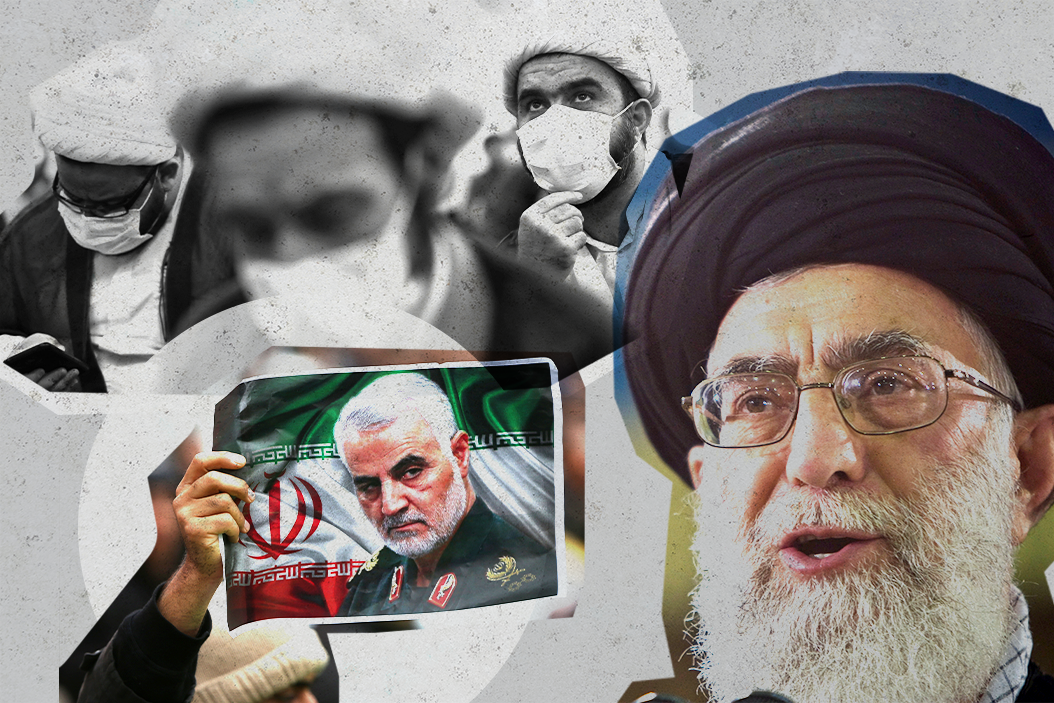What We’re Watching: Iran’s uranium enrichment gambit, Indian vaccine woes
Iran ups uranium enrichment: In its most flagrant violation to date of the 2015 nuclear deal, Iran confirmed that it had started enriching uranium to 20 percent purity at its Fordo facility. Under the deal, which the Trump administration abandoned in 2018, Tehran was only allowed to enrich uranium up to 3.67 percent purity (not enough to build a nuclear weapon) and was required to stop enrichment at its underground facility at Fordo altogether. Washington — and the Israelis — say this recent development reflects Iran's mendaciousness, but Tehran argues it's merely a response to the US going back on its word and imposing crippling economic sanctions in recent years that have squeezed the Iranian economy. Meanwhile, the Iranians have also engaged in bellicose activities in the volatile Strait of Hormuz, seizing a South Korean tanker that it says breached its maritime sovereignty. This week also marks one year since the US slaying of Iranian general Qassim Suleimani, an event that ratcheted up US-Iranian tensions — and one that Tehran has vowed to avenge in due time.
India's vaccine concerns: India on Sunday approved the Oxford-AstraZeneca coronavirus vaccine, as well as a vaccine developed locally by Bharat Biotech, a massive development for one of the hardest-hit countries in the world. While the government is hoping that this will mark the beginning of the country's pandemic recovery, there are still several (massive) hurdles to overcome. First, there is widespread doubt among the public about the local vaccine's efficacy and safety after the government gave the green light without releasing comprehensive data. Second, distributing vaccines to India's 1.3 billion people, many of whom live in rural areas with little access to public health facilities, will be a mammoth task. This is further complicated by the fact that both approved vaccines require two doses. Third, the rollout process has implications beyond the country's borders: India has pledged to provide 200 million doses to COVAX facility to ensure equitable distribution of vaccines, but now Delhi days it will do so only after it has inoculated a critical mass of its own citizens, which means other developing nations may not get the drugs for months. We're watching how this all plays out, and whether India leverages its power as the world's top manufacturer to hoard vaccines that scores of developing countries — including many of India's neighbors — are waiting for.
